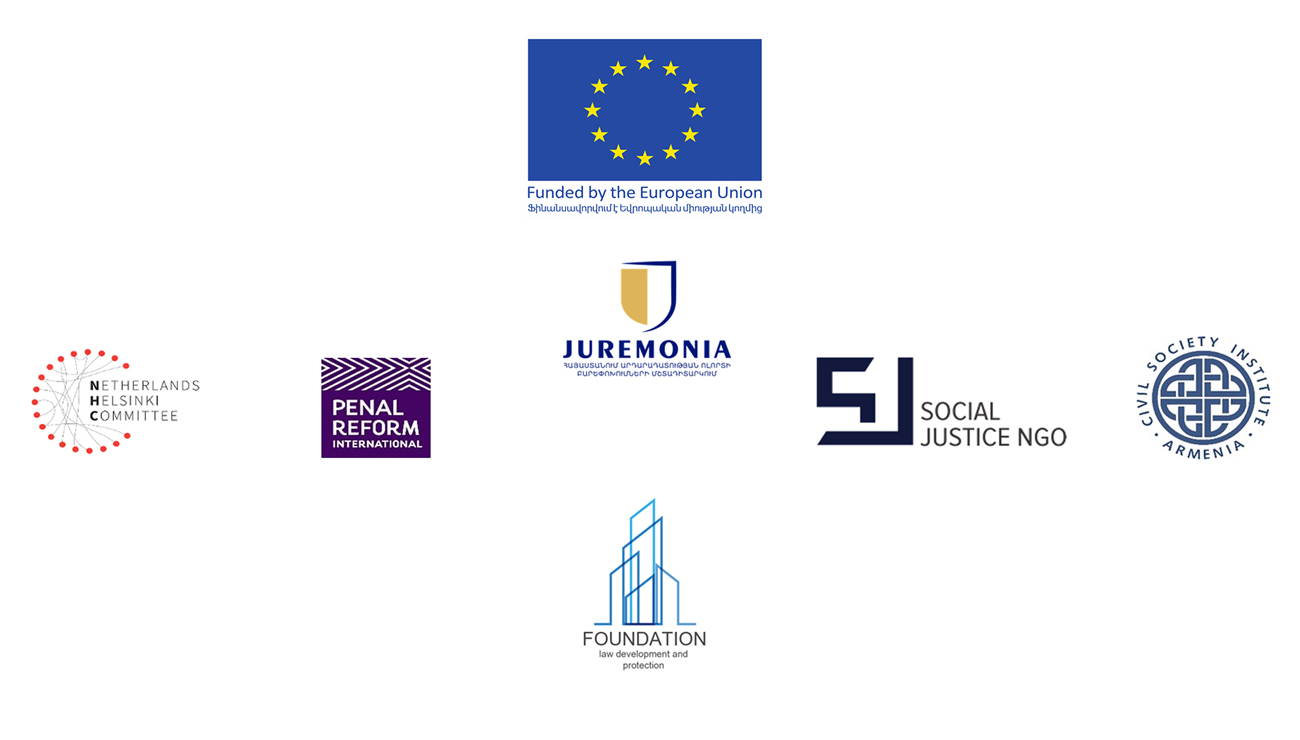





The National Assembly of the RA is currently discussing the new draft law "On Enforcement Proceedings," which introduces new cornerstone regulations in the area of compulsory enforcement of judicial acts.
Back in 2022, the LDPF conducted research in this area, revealing the existing problems both at the legislation and law enforcement levels and submitting targetted recommendations. The Foundation discussed the research report with the Ministry of Justice and the Compulsory Enforcement Service. Subsequently, in March 2023, the LDPF was invited to join the Ministry of Justice's working group revising the draft law on enforcement proceedings. The effective collaboration within the group enabled the LDPF to include several key recommendations in the draft law.
Confiscation of non-inherited property
The draft law allows for the confiscation of non-inherited property, whereas according to the current legislation, the non-inherited property passes to the community without any obligation, and the judicial act remains unexecuted. According to the draft law, it becomes possible to execute the judicial act in favor of the debtor at the expense of the creditor's non-inherited property. Mechanisms have been created by which the property can be used to repay the debt. Genya Petrosyan, director of the LDPF, stresses the importance of this regulation in terms of ensuring a person's right to a fair trial, given the high rate of termination of compulsory proceedings due to impossibility of executing a judicial act.
Promoting the fulfillment of the obligation
The draft law has largely resolved most of the problems related to the calculation system of execution fees and the order of the distribution of confiscated funds. The LDPF identified these problems in the research carried out in 2022. Thus, a differentiated system for calculating enforcement fees was defined, whereby the amount of costs depends on the length of the process of execution of the judgment and the volume of actions performed. This encourages the debtor to comply with the obligation imposed by the judicial act voluntarily and within a short period of time. Initially, however, there was a regulation that deprived a person of the opportunity to comply with the judicial act voluntarily and without additional costs, as there were insufficient mechanisms for notifying that the judicial act was subject to execution. As a result, the creditor was deprived of the opportunity to fulfill the obligations arising from the judicial act within a short period of time without being obliged to pay the costs of execution.
It became possible to amend the above-mentioned regulation in the draft law by defining the obligation to notify the creditor before submitting the application for execution to the Compulsory Enforcement Service, thus ensuring the opportunity for voluntary compliance.
The LDPF continues to study several topics in the area still containing legal gaps. The Foundation also hopes that the draft law, once it enters into force, will be effectively implemented and will change the quality of the execution of judicial acts.
The research titiled “Compulsory Enforcement of Judicial Acts in the light of the Right to a Fair Trial" was conducted with the support of the European Endowment for Democracy.
'This publication was produced within the scope of subgrant project “Justice Reform Monitoring in Armenia – JUREMONIA (www.juremonia.am.) funded by the European Union. Its contents are the sole responsibility of the Law Development and Protection Foundation and do not necessarily reflect the views of the European Union.